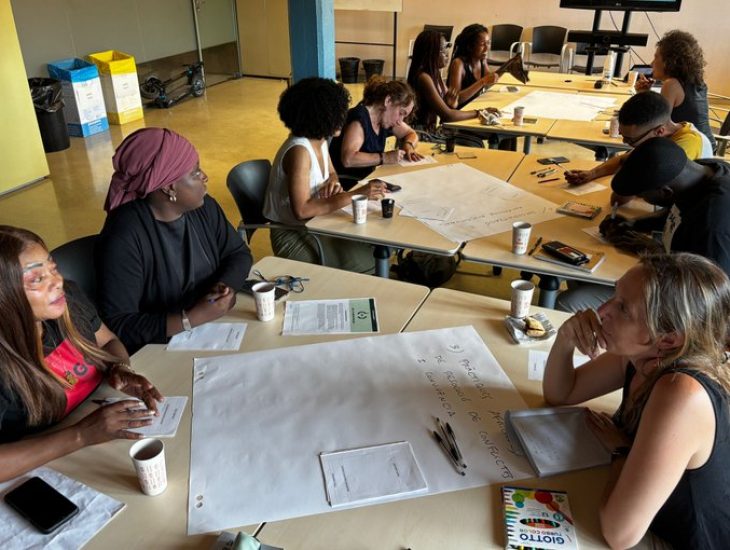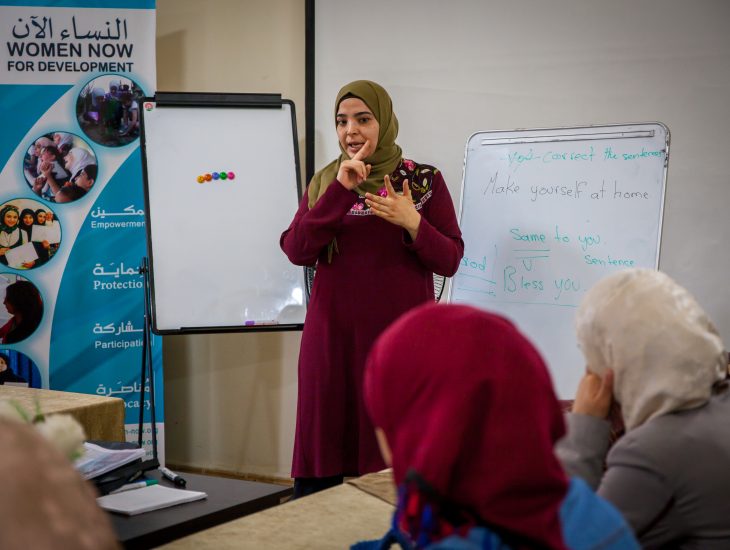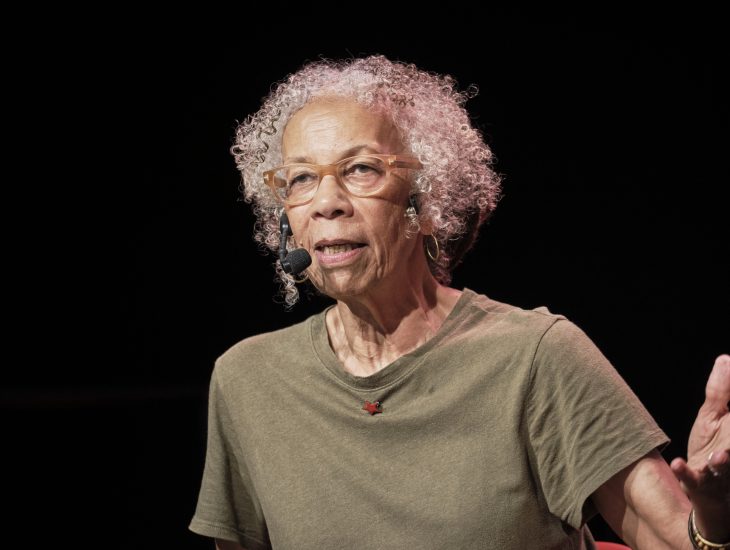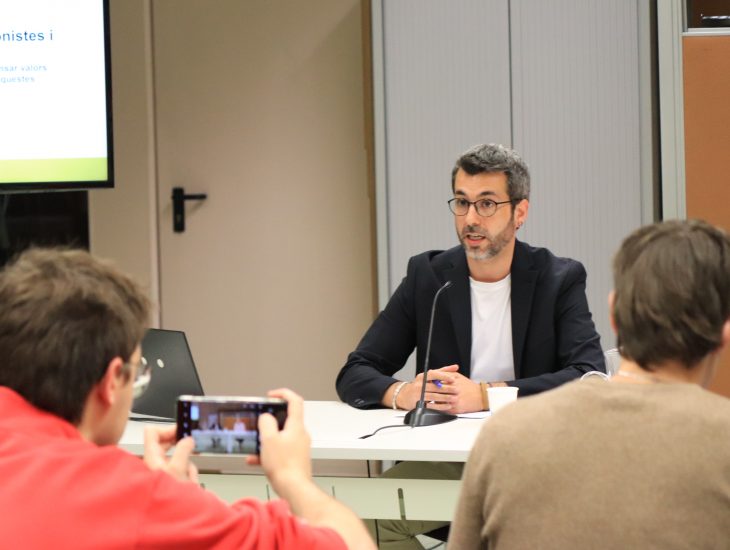The Peace Capsules Project aims to show the diversity of visions and expectations projected on the word “peace”. It is a co-production of the International Catalan Institute for Peace (ICIP) and the Contrast Collective, with the collaboration of Digital Dosis.
Fifty-two people from around the world answer the question: What is peace to you? in connection with their experience in countries in conflict or with their commitment against war and in favor of the building of peace.
Each one of these reflections, produced in video format with subtitles in Catalan, Spanish and English, are called capsules and are compiled on the website www.capsulesdepau.com. The different capsules are organized by name, date and country of origin.
People participating in the project who explain their vision of peace include:
Peace researchers, such as John Paul Lederach (Professor at the Joan B. Kroc Institute for International Peace Studies, University of Notre Dame), Jenny Pearce (Director of the International Centre for Participation Studies in the Department of Peace Studies, University of Bradford) and Christopher Kayumba (Editor of the Rwandan daily The Chronicles)
Peace activists, such as Pepe Beunza (first conscientious objector for ideological reasons in Spain), Marina Gallego (member of the Ruta Pacífica de las Mujeres de Colombia), and Yolanda Aguilar (founder of the organization Actoras de Cambio of Guatemala)
People who have experienced conflict firsthand, such as Nadia Ghulam (a victim of the war in Afghanistan), Mohlamin M. Brahim (a refugee in the Sahrawi refugee camps in Algeria), Ali Abou (a Lebanese ex-prisoner) or Neus Català (a survivor of the Ravensbrück concentration camp)
The diversity of both the roles of the protagonists and their origin (Afghanistan, Bosnia, Colombia, Guatemala, Iraq, Lebanon, Rwanda, Western Sahara, and Tibet, among others) allows for the construction of a global vision of peace. Peace as a synonym of social justice, equal opportunities, the absence of direct and indirect violence, the struggle for the recognition of human rights, but also peace understood as harmony, as inner peace.
Teaching materials
As a complement to the capsules, the website also contains different educational proposals which aim to promote personal competencies that facilitate the analysis of violences and opportunities for peace, as well as the practice of creative conflict transformation. At the same time, these proposals seek a commitment to the promotion of a positive peace. These teaching materials are aimed at both the formal and informal fields of education in order to facilitate a more integral approach leading to the incorporation of peace culture in the education project.
21.01.2014




